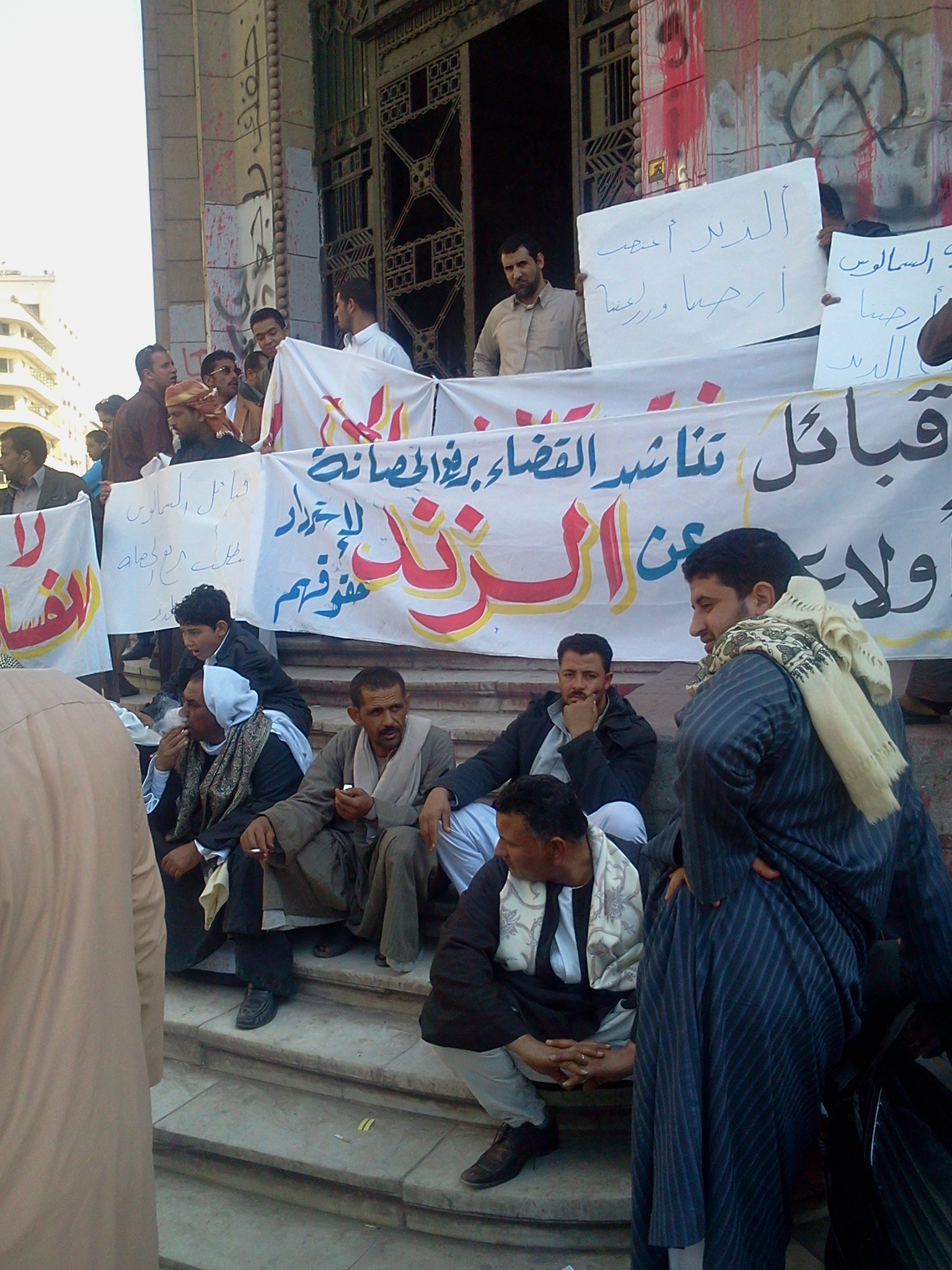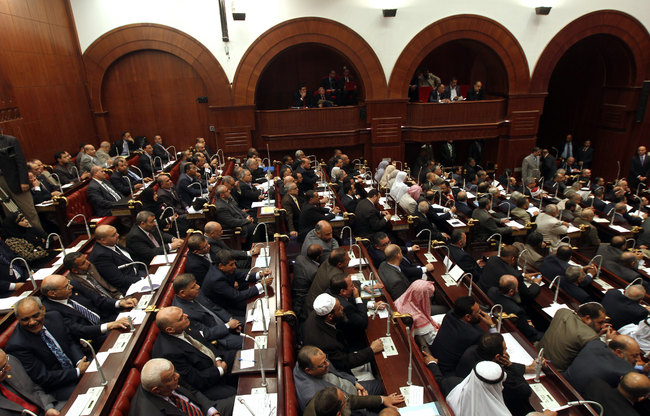By John Kemp/Reuters
LONDON: Soaring oil prices and the loss of exports from South Sudan, Syria and Iran pose awkward questions for investors and policymakers.
Last year, a similar surge following the outbreak of the Libyan civil war eventually resulted in the flash crash on May 5 and the decision to release emergency stocks by the United States and other members of the International Energy Agency (IEA) on June 23.
Investors and policymakers are being pressed to explain why the outcome this time will be different.
The problem is that the circumstances are nearly identical.
The IEA is struggling to explain why it made sense to release stocks following the Libyan outage but does not make sense to release them following the loss of production from South Sudan, Yemen and Syria, and the tightening stranglehold on Iran’s exports.
Investors cannot explain why the market will be better supported in 2012, following a rally which has left almost all hedge funds with large long positions, when last year’s nearly identical rally set the market up for the largest one-day price drop on record.
Two charts neatly encapsulate the problem.
Chart 1 shows the ratio of long to short positions run by hedge funds and other money managers in futures and options linked to US crude oil (WTI). Following the Libyan disruption, the long/short ratio surged from 4:1 to peak at 10:1 on the eve of the flash crash. Following problems in South Sudan, Syria and Iran the long/short ratio has also soared from 4:1 to 9:1.
Chart 2 shows timespreads in the Brent crude market for the crucial summer months, when refinery demand is at its highest as refiners go flat out to meet summer driving demand in the United States. The IEA cited Brent spreads as a sign of mounting tightness in the physical market last year to explain why it decided to release emergency stocks. Supply disruptions and the Iranian embargo have had an almost identical impact in 2012.
Some observers have suggested a stock release would not be justified in 2012 because unlike last year there has not actually been a significant disruption in supplies. The IEA should wait until tanker traffic is actually halted or threatened through the Strait of Hormuz, they argue, before providing additional barrels to the market.
But this argument ignores the losses of oil from South Sudan, Syria and Yemen, and Iran’s growing difficult in finding buyers for its crude, which appears to have cut the country’s exports by several hundred thousand barrels per day. The tightening timespreads for Brent imply those losses are just as real as in 2011. If the release of 60 million barrels was justified last year, it would seem to be justified again in 2012.
Investors also face the awkward reality that the oil rally looks just as stretched as it did last year. WTI prices rose $30 per barrel (35 percent) between the outbreak of fighting in Libya and the flash crash. But they have now risen $33 (44 percent) since their recent low last October as outages and tensions surrounding Iran mount.
On the brink of the crash, hedge funds and money managers had amassed long futures and options positions amounting to 400 million barrels of crude (and short positions amounting to just 38 million), helping push front-month WTI prices to $114. Last week, hedge funds had amassed 326 million long positions, and 36 million shorts, according to the US Commodity Futures Trading Commission (CFTC), helping take WTI prices to almost $110.
The inconvenient truth for hedge funds and policymakers is that the situation in 2012 is an almost exact re-run of 2011 — which suggests the outcome might be the same.
The main difference is even more awkward for policymakers. In 2011, the disruption of supplies was caused by an external shock from Libya. In 2012, it has been caused by a combination of external shocks (South Sudan, Yemen, possibly Syria) and a self-inflicted wound caused by sanctions imposed on Iran’s oil sales by the EU and the United States.
“The problem is that the oil price spike we’re seeing is being driven by foreign policy, not the fundamentals of supply and demand,” said a UK energy official, reported in the Financial Times (“Obama pressed to open emergency oil stocks” Feb. 27).
Policymakers are reluctant to admit there is a serious shortage of crude and order a stock release because it would mean admitting they badly miscalculated the impact of sanctions.
John Kemp is a Reuters market analyst. The views expressed are his own.


